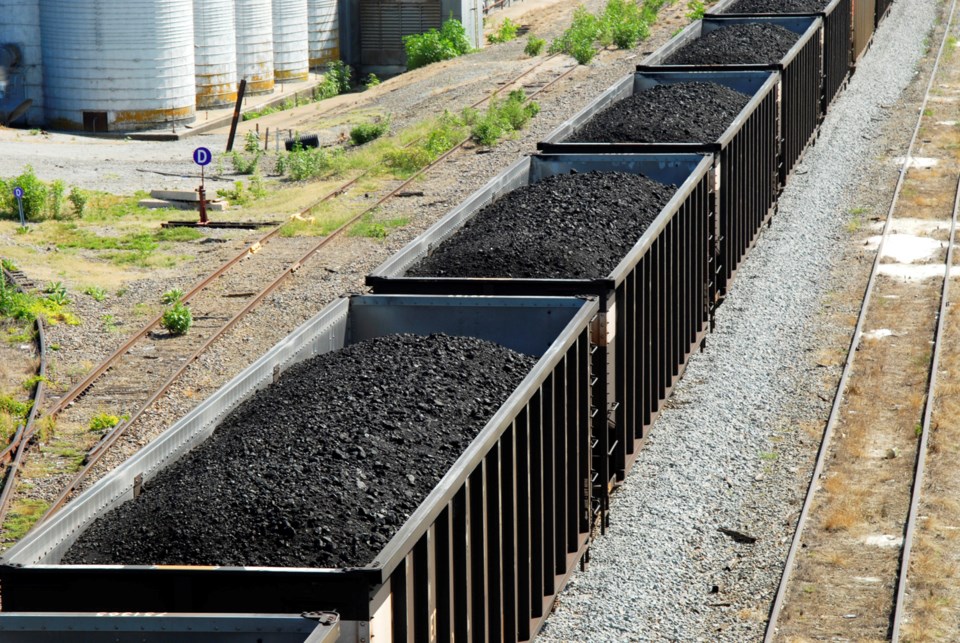While world leaders were meeting in Paris to tackle climate change, Port Metro Vancouver approved Fraser Surrey Docks’ application for a thermal coal facility on the shores of the Fraser River.
Fraser Surrey Docks applied to Port Metro Vancouver to amend its existing permit to build and operate a direct transfer coal facility, where coal would be loaded onto ocean-going vessels and shipped to Asia. The site is located across the river from Westminster Quay and Queensborough.
“I think that really highlights the duality on this situation. On one hand, Canada is wanting to play a larger role when it comes to the issue of greenhouse gas emissions and climate change; on the other hand, we have a very local project that seems to be a complete contradiction,” Mayor Jonathan Cote told the Record. “I am hopeful these two dual conversations will be joined together and this project never ends up happening.”
The City of New Westminster has expressed a number of concerns about the project, including the lack of a public health analysis and a scientific analysis of the impacts of the project. It is also concerned the global impacts of greenhouse gases from the proposal at Fraser Surrey Docks weren’t considered as part of the approval process.
While the decision didn’t come as a surprise, Cote said the city continues to have issue with the proposal and will continue to express those concerns in the hope that it’s a project that doesn’t see the light of day.
“Hopefully with the change of federal government, there might be a different view about this type of export,” he said. “Ultimately, hopefully some of the global conditions that might have been causing demand for this change some time in the future so we won’t necessarily be needing to be having this community discussion.”
Cote said it appears the economics of coal has started to change dramatically, with demand for coal decreasing dramatically from when this proposal was first put forward.
New Westminster MP Peter Julian believes Port Metro Vancouver needs to fundamentally change how they approach these kinds of projects.
“I think Port Metro Vancouver is losing a lot of credibility because they are not willing to do the evaluations that are important, the public consultation that is important,” he said. “They just ram things through. This was true under the former federal government, it seems to be occurring as well under the current government.”
The coal, mined in the United States, would travel by train to the site in Surrey, where it would be loaded onto ships and sent abroad.
Fraser Surrey Docks, which leases the land from Port Metro Vancouver, said the permit allows it to ship four million metric tonnes of coal through the facility each year. The company states that loading the coal directly onto ocean-going vessels dramatically reduces the number of barges. The original plan was to load coal onto barges and ship it to Texada Island, where it would then go onto ships and sent to Asia.
Representatives from Fraser Surrey Docks and Port Metro Vancouver could not be reached before deadline.
According to the Dogwood Initiative, Port Metro Vancouver ignored community input, refused to consider climate change as part of the process and allowed Fraser Surrey Docks to assess its own project.
“The port’s decision came on the same day Prime Minister Justin Trudeau pledged international climate change leadership, and just two weeks after cabinet minister Carla Qualtrough promised to seek a more credible assessment for the Fraser Surrey Docks project,” Laura Benson, director of the Beyond Coal campaign, said in a news release. “If our new federal government wants real change, this coal port and the increasingly rogue actions of an unaccountable port authority cannot go unnoticed.”



